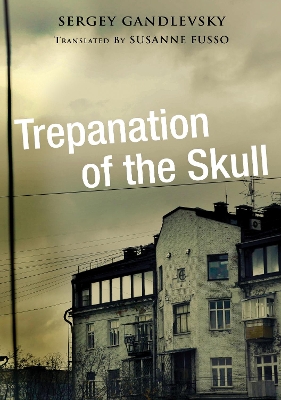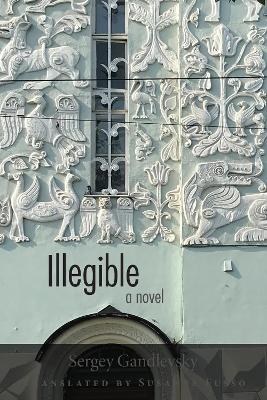NIU Series in Slavic, East European, and Eurasian Studies
2 total works
Sergey Gandlevsky is widely recognized as one of the leading living Russian poets and prose writers. His autobiographical novella Trepanation of the Skull is a portrait of the artist as a young late-Soviet man. At the center of the narrative are Gandlevsky's brain tumor, surgery, and recovery in the early 1990s. The story radiates out, relaying the poet's personal history through 1994, including his unique perspective on the 1991 coup by Communist hardliners resisted by Boris Yeltsin. Gandlevsky tells wonderfully strange but true episodes from the bohemian life he and his literary companions led. He also frankly describes his epic alcoholism and his ambivalent adjustment to marriage and fatherhood.
Aside from its documentary interest, the book's appeal derives from its self-critical and shockingly honest narrator, who expresses himself in the densely stylized version of Moscow slang that was characteristic of the nonconformist intelligentsia of the 1970s and 1980s. Gandlevsky is a true artist of language who incorporates into his style the cadences of Pushkin and Tiutchev, the folk wisdom of proverbs, and slang in all its varieties. Susanne Fusso's excellent translation marks the first volume in English of Sergey Gandlevsky's prose, and it will interest scholars, students, and general readers of Russian literature and culture of the late Soviet and post-Soviet periods.
Sergey Gandlevsky's 2002 novel Illegible has a double time focus, centering on the immediate experiences of Lev Krivorotov, a twenty-year-old poet living in Moscow in the 1970s, as well as his retrospective meditations thirty years later after most of his hopes have foundered. As the story begins, Lev is involved in a tortured affair with an older woman and consumed by envy of his more privileged friend and fellow beginner poet Nikita, one of the children of high Soviet functionaries who were known as "golden youth."
In both narratives, Krivorotov recounts with regret and self-castigation the failure of a double infatuation, his erotic love for the young student Anya and his artistic love for the poet Viktor Chigrashov. When this double infatuation becomes a romantic triangle, the consequences are tragic.
In Illegible, as in his poems, Gandlevsky gives us unparalleled access to the atmosphere of the city of Moscow and the ethos of the late Soviet and post-Soviet era, while at the same time demonstrating the universality of human emotion.

